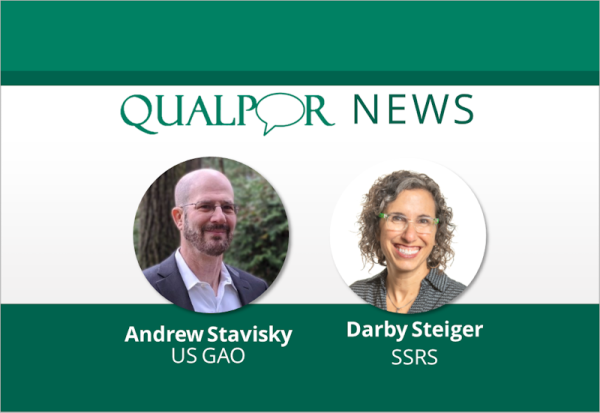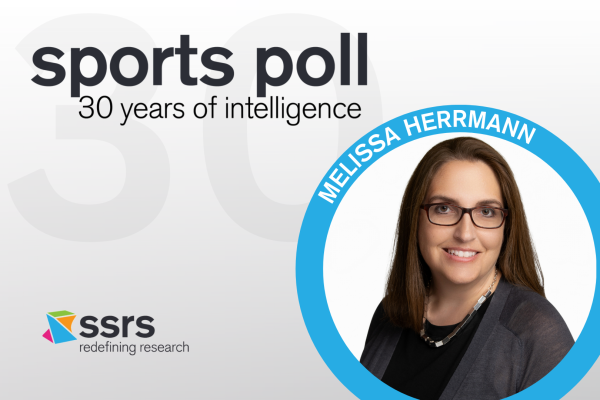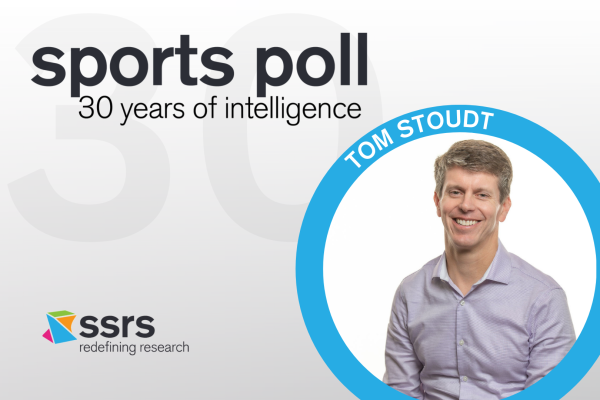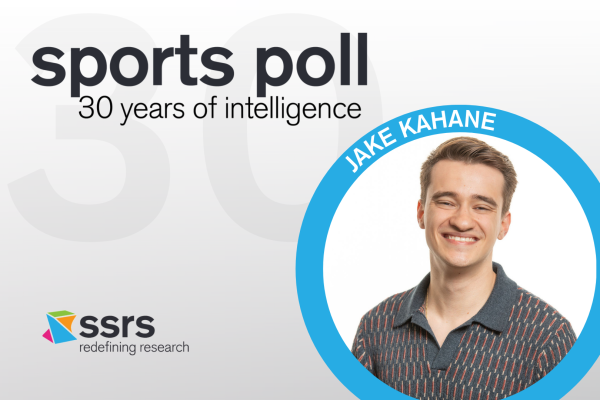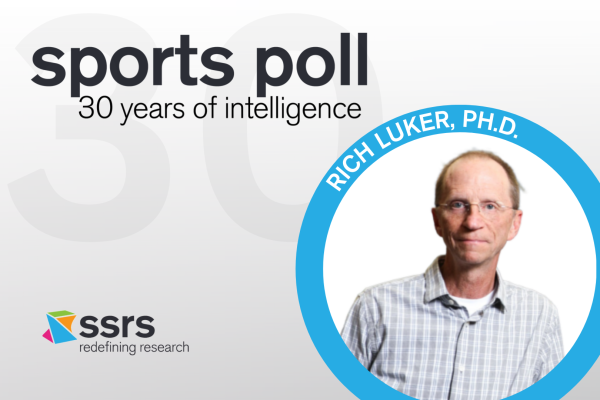Career Journey: What inspired you to pursue your current career path, and how has your journey unfolded over time?
I knew I wanted to understand people’s behaviors, perceptions, and opinions since I was in high school. My grandfather – Raul – was the main inspiration for this. When I was a teenager, he used to tell me how his sister and her husband were persecuted my Augusto Pinochet’s dictatorship in Chile (back in the 1970s). My grandfather would tell me all these stories about how his sister and her husband used to protect and hide people from center and left-wing political parties in their house. How they used to have secret meetings with members from the Catholic Church and the political opposition to come up with ideas to try combat Pinochet’s dictatorship. Sadly, my grandaunt’s husband had to flee the country as the government identified him as a threat. My grandaunt was left all alone, battling against the dictatorship in secret, all while raising three kids. Pretty amazing woman.
When I talked to my grandpa about all that came about, he also used to tell me that a lot – and I mean a lot – of people in Chile actually supported the dictatorship. And this is still the case, sadly. A lot of people thought and still think that Pinochet was good for Chile, that if he wasn’t for his dictatorship Chile wouldn’t be the country that it is now. The idea of people supporting a dictatorship was unbelievable to me. And that, that idea of public support for dictatorships, sparkled an interest in me. I wanted to understand how those ideas flourish. How people perceive their social, political, and cultural environments and how that affects their behaviors. I wrote my high school thesis on Pinochet’s dictatorship and the public perception of it. That’s when I decided I wanted to study Political Science.
During my undergraduate studies, I met two great professors who studied at Vanderbilt and had a strong background in survey research. I worked with them as a research assistant throughout most of my undergraduate studies. That’s when I understood that surveys are a great way of understanding how people think and feel about things. I realized that I wanted to delve deeper into that world and those two professors encouraged me to apply for a Ph.D. program in Political Science. During my Ph.D., I also decided to pursue a minor in Political Psychology as it would allow me to delve deeper into how people understand and process information from their environments. I continued studying people’s perceptions, behaviors, and emotions towards authoritarianism and wrote my dissertation on that topic. After obtaining my Ph.D., I wanted to stay in the survey research world. My passion really is into understanding and studying people’s attitudes and behaviors in different topics in the Social Sciences.
Professional Achievements: Can you share a specific accomplishment or project that you’re particularly proud of in your career? How did you overcome challenges and contribute to its success?
I think my biggest achievement is getting a Ph.D., but I’m also very proud of having three peer-reviewed publications. All of which are based on my dissertation. As an Ecuadorean, at least in my time, we didn’t know it was even an option to get a Ph.D., much less apply for one. I don’t think I could’ve obtained a Ph.D. if I wouldn’t have had the mentorship of my professors during my undergraduate studies. Another thing I’m very proud of is that I graduated Valedictorian during my undergraduate studies.
Mentorship and Advice: Reflecting on your own experiences, what advice would you give to other women aspiring to excel in your field or industry? Have you had any mentors who played a significant role in your professional development?
One thing that has been key for me is to surround myself with people who will bring out the best of you. I’ve been lucky to have amazing mentors during my undergraduate and graduate studies. Specifically, Dr. David Samuels was key during my graduate studies. He was incredibly supportive of my career objectives and mentored me in a way that I was able to juggle my interest in academia, but also to have the possibility to work as a researcher in the private sector.
Something that I also think is important, is to not compare yourself to others. Each has their own path and goals in life. What success looks like for me, probably is not the same as for someone else. This is easier said than done, especially in these times. However, I think that it is key for one to have a unique path and be aware that everyone’s path is different. Dream big, but don’t let comparison be the goal.



